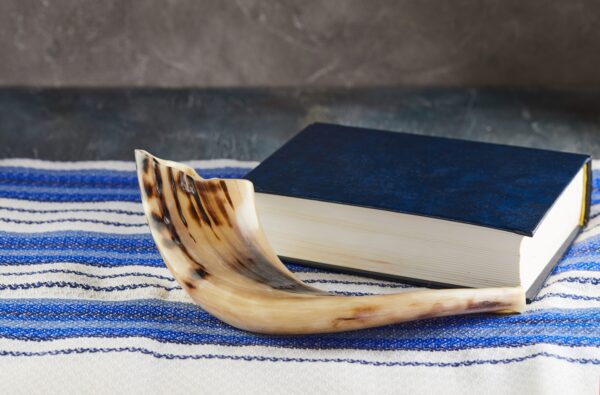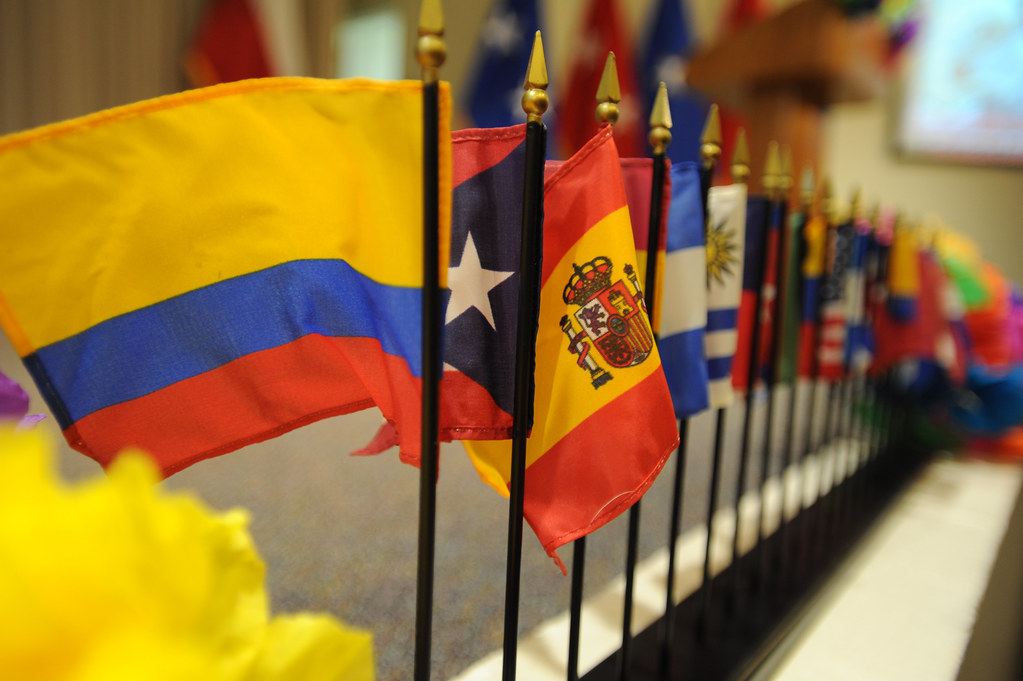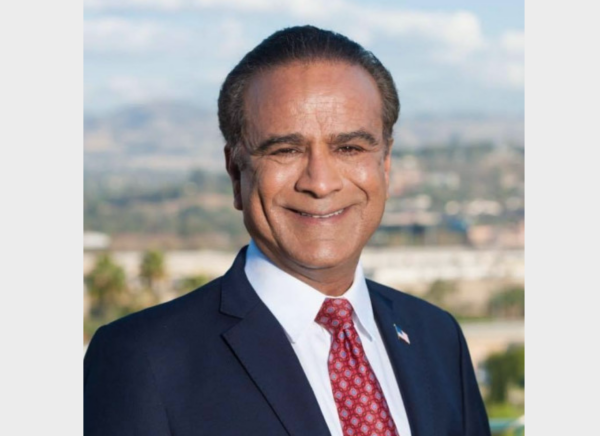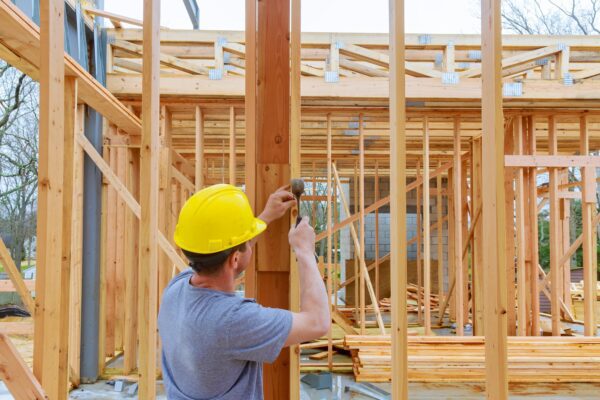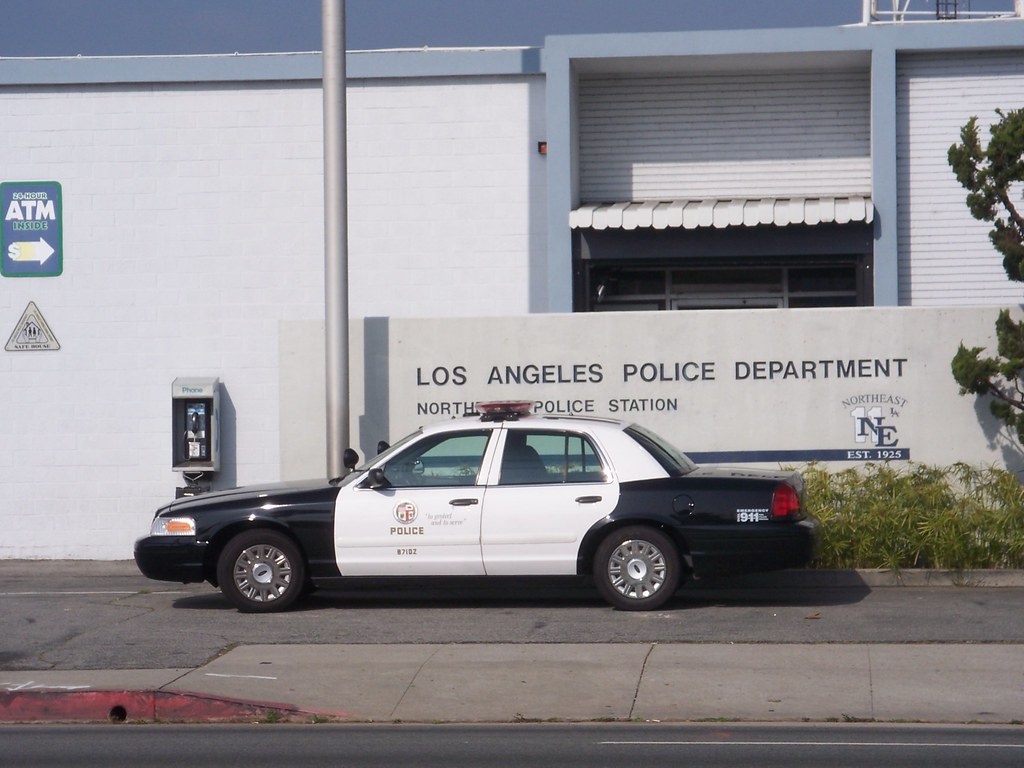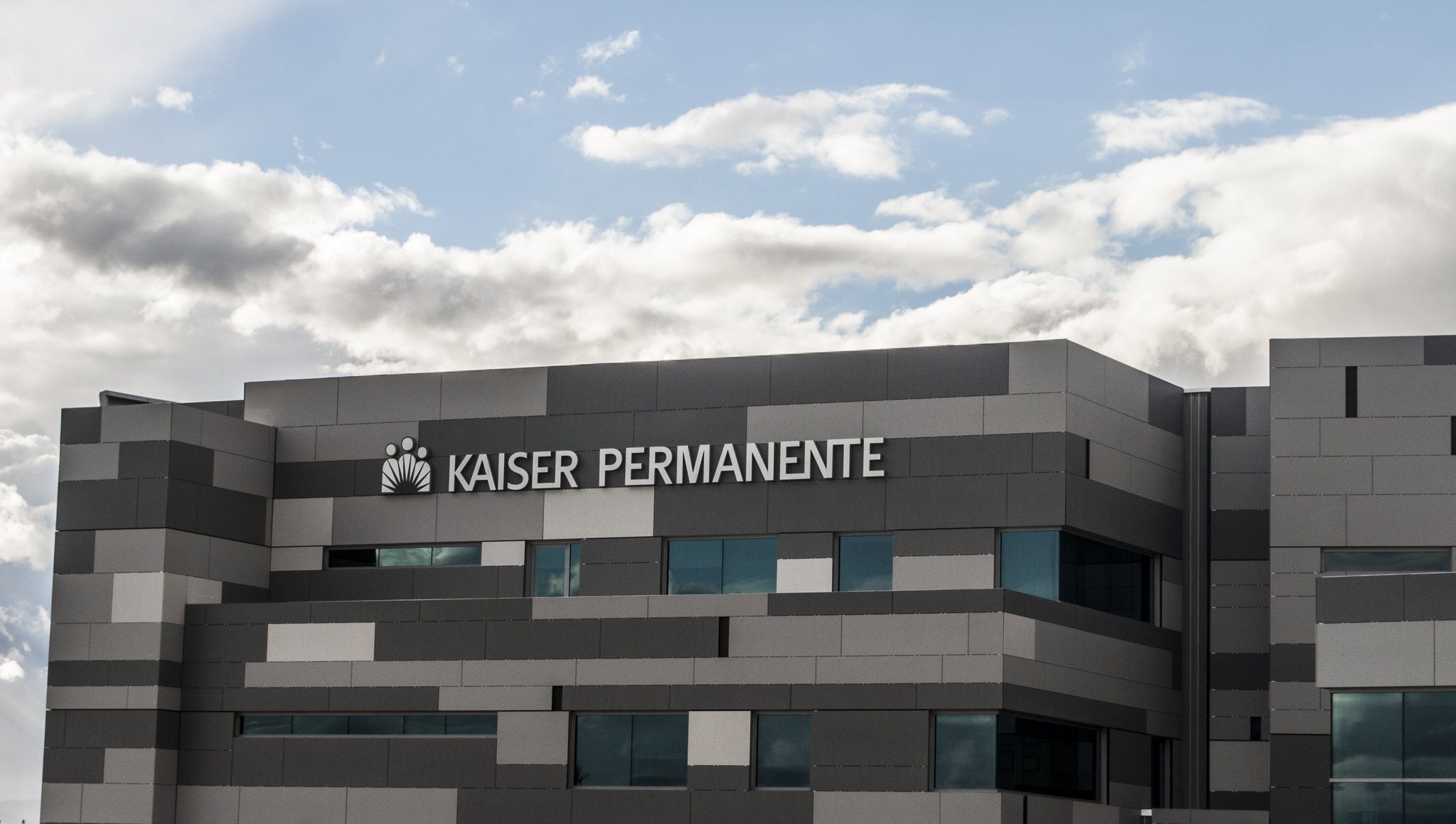By Steven Herbert
Rosh Hashana begins at sundown Friday amid efforts to protect against threats to Jewish institutions, with antisemitic incidents in Southern California at a record high, including an ongoing spate of swatting.
Swatting is a criminal harassment tactic of hoaxing an emergency services dispatcher into sending a law enforcement response team to another person’s or organization’s address, using means such as saying there is a bomb threat, a killing in progress, a hostage situation or saying a person is suicidal or homicidal and may or may not be armed.
The Altadena Sheriff’s Station was informed Tuesday that someone was on the campus of the Pasadena Jewish Temple & Center in the unincorporated Altadena area with a rifle, holed up in a bathroom and threatening to commit suicide.
Deputies arrived at the scene, evacuated the B’nai Simcha Community Preschool and then the synagogue while they inspected the center’s campus and determined there was no actual threat, according to the Altadena Sheriff’s Station.
In August, the Anti-Defamation League of Los Angeles and Jewish Federation of Greater Los Angeles announced the formation of the Southern California Jewish Security Alliance, a partnership to better prevent and respond to antisemitism in the region.
The ADL’s annual Audit of Antisemitic Incidents issued in March found that in the four counties comprising its Los Angeles Region — Los Angeles, Riverside, San Bernardino and Kern — there were 237 recorded incidents in 2022, a 30% increase from the 182 reported in 2021, including 143 incidents of harassment, a 38% increase from the 104 reported in 2021; 86 incidents of vandalism of businesses, places of worship and schools, a 34% increase from the 64 reported in 2021; and eight incidents of assault, a 43% decrease from the 14 reported in 2021.
“These record-setting figures make clear that there has not just been a surge of antisemitism, there is an unfortunate and unmistakable trendline that antisemitism is deeply embedded and growing in every part of society,” ADL Los Angeles Regional Director Jeffrey I. Abrams said.
Services for the two-day holiday marking the Jewish New Year will be Friday night — the day begins at sundown on the Hebrew calendar — Saturday and Sunday. They feature the blowing of the shofar, a ram’s horn mentioned in the Torah and used by ancient Jews in religious ceremonies and as a call to arms — and now used at Rosh Hashana and Yom Kippur.
Jews are biblically commanded to hear the shofar during the High Holy Days.
While most congregations require membership and tickets for High Holy Days services, there will be free services in Beverly Hills and Hollywood
There will be a Rosh Hashana Eve service at JEM Center in Beverly Hills at 7:15 p.m. Friday, a traditional service at 10 a.m. Saturday, an evening service at 6:30 p.m. and another service at 10 a.m. Sunday.
Registration can be made by calling 310-772-0000 or online at the JEM Center website.
Laugh Factory Hollywood will conduct free services at 11 a.m. Saturday and 5:30 p.m. Sunday. Donations will not be accepted, Laugh Factory owner Jamie Masada said.
People planning to attend are advised to arrive at least 45 minutes early to guarantee a seat.
The services marking the arrival of the year 5784 on the Hebrew calendar will be streamed on the club’s website, laughfactory.com.
“These services are especially important for people who are out of town, away from home, or are in hospitals or retirement homes locally and across the globe,” Masada said.
This will be the 41st consecutive year that The Laugh Factory has conducted free High Holy Days services.
Rosh Hashana is a time when Jews gather with family members and their communities to reflect on the past year and the one beginning. Celebrants also eat festive meals featuring apples dipped in honey, symbolic of the wishes for a sweet year.
Rosh Hashana ushers in the Days of Awe, a 10-day period of repentance and contemplation culminating in Yom Kippur, the Day of Atonement, Judaism’s most solemn and somber day.
During the High Holy Days, it is a Jewish tradition that God records the fate of each person for the coming year in the Book of Life, which is sealed at the end of Yom Kippur.

